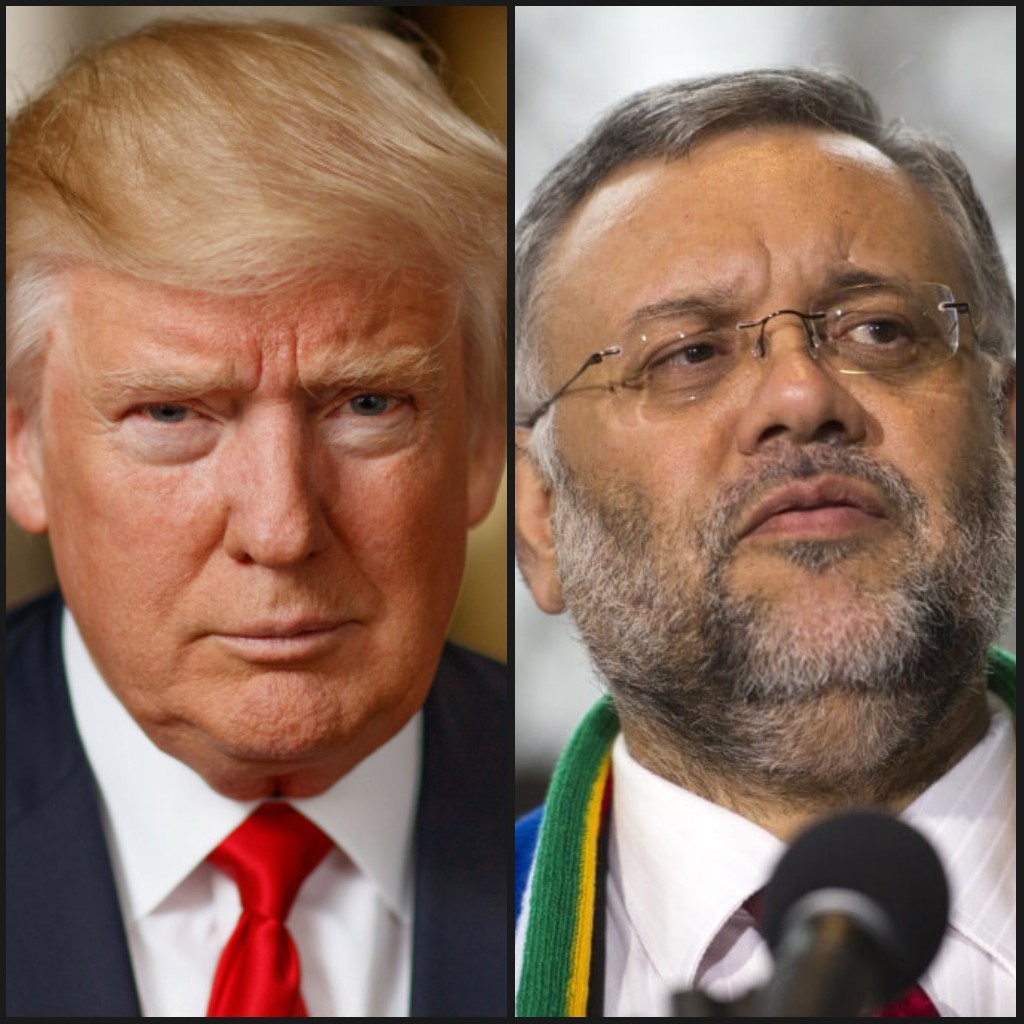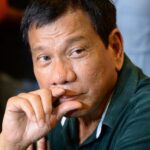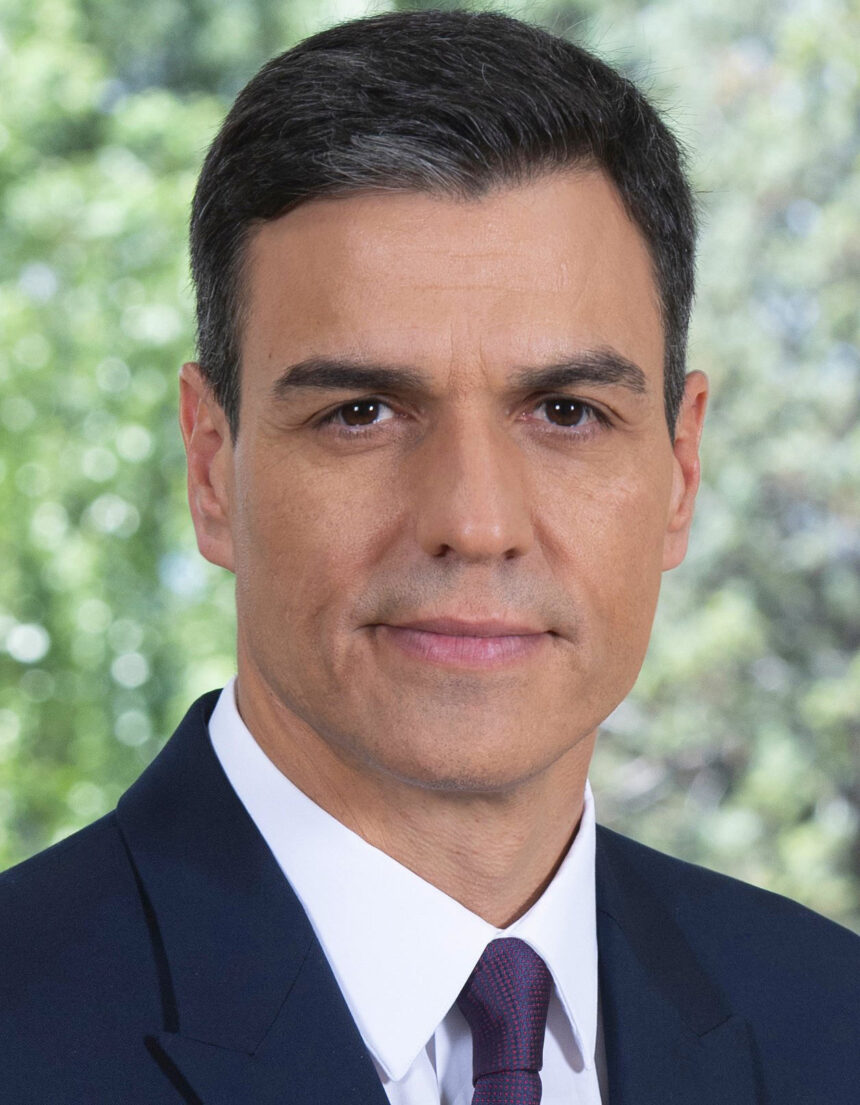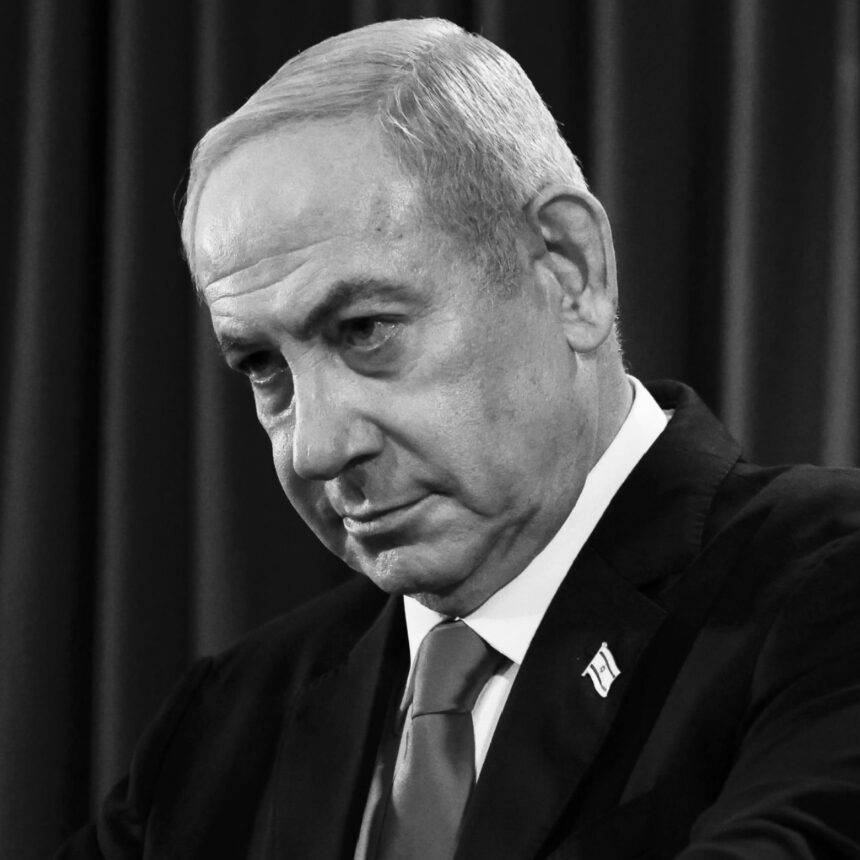The United States has taken the extraordinary step of declaring South Africa’s ambassador to the U.S., Ebrahim Rasool, persona non grata, effectively dismissing him from his diplomatic post and expelling him from the country. The announcement came from U.S. Secretary of State Marco Rubio on Friday, marking a sharp escalation in tensions between the two nations.
Rubio justified the decision by labeling Rasool a “race-baiting politician” who harbors animosity toward both America and President Donald Trump. “We have nothing to discuss with him,” Rubio stated, underscoring the severity of the diplomatic rebuke. The declaration of persona non grata is a rare and significant action in international relations, typically reserved for cases of serious misconduct or irreconcilable conflict.
Triggering Remarks and Broader Context
The move appears to stem from recent comments made by Rasool, who assumed his role as ambassador in January 2025. In a public statement, Rasool accused President Trump of “mobilizing a supremacism against the incumbency” both at home and abroad, a critique that evidently provoked a strong reaction from the U.S. administration. These remarks have been cited as a key factor in the decision to expel him.
The diplomatic rift occurs against a backdrop of strained U.S.-South Africa relations. Key points of contention include South Africa’s controversial land reform policies, which have drawn criticism from some U.S. officials, and its foreign policy positions, particularly its stance on Israel. These issues have fueled ongoing friction, making Rasool’s comments a flashpoint in an already tense relationship.
Official Responses Pending
As of now, neither the U.S. State Department nor the South African embassy in Washington has issued an official statement regarding the declaration or its implications. The lack of immediate response leaves open questions about how both nations will navigate this diplomatic crisis moving forward.
This development marks a significant moment in U.S.-South Africa relations, with potential ramifications for bilateral cooperation on trade, security, and regional issues in Africa. Further updates are expected as the situation unfolds.










